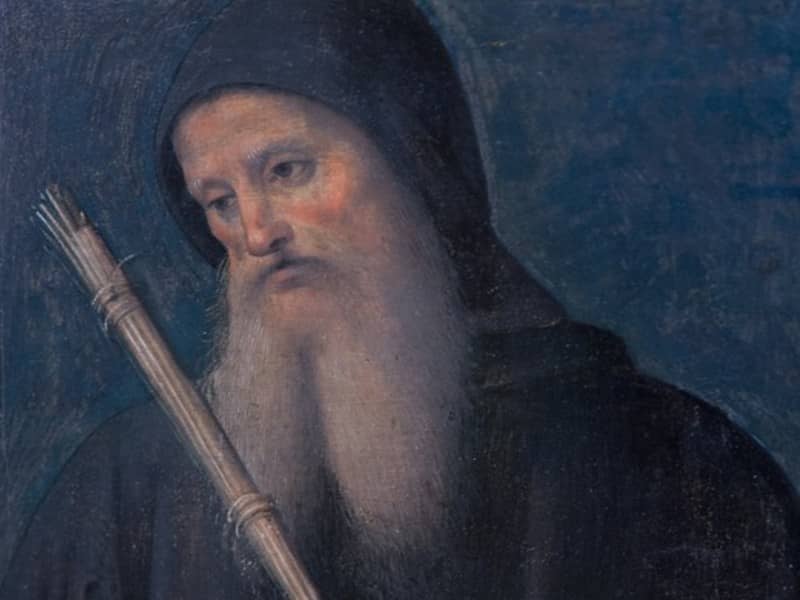But with reports of pedophilia involving priests rocking the church in various parts of the world, Pope John Paul II has begun to raise his voice.
He did so late last year, while sending his official word over the Internet for the first time, in a message to the bishops from the South Pacific.
"In certain parts of Oceania, sexual abuse by some clergy and religious has caused great suffering and spiritual harm to the victims,'' John Paul said. "It has been very damaging in the life of the church and has become an obstacle to the proclamation of the Gospel.''
It was only a brief section of a 120-page document, but it was also a rare public acknowledgment from the Vatican of a problem that has seriously embarrassed the Church and has cost dioceses tens of millions of dollars in settlements. Soon after the pope's statement came word that the Vatican had issued new guidelines for handling pedophilia cases.
Yet despite those steps, questions remain about whether the church is doing enough to put an end to the crisis.
``No news story about the church is more shocking and scandalous than a report of children being sexually abused by priests,'' said the influential Jesuit publication, America, in a recent editorial.
``That abuse cases continue to surface indicates that guidelines on paper are not enough. Far stricter enforcement is called for to rid the church of this horrible scandal and, more important, to protect our children.''
While the Boston archdiocese is in the midst of a sex abuse scandal that has led to calls for the resignation of Cardinal Bernard Law, it is not alone. Dioceses around the world have faced similar problems in recent years:
-Last month, the Catholic Church in Ireland agreed to a landmark dlrs 110 million payment to children sexually abused by clergy over decades. More than 20 priests, brothers and nuns have been convicted of molesting children.
-French Bishop Pierre Pican was convicted last year of keeping quiet about a priest who sexually abused children, the first time in more than 150 years that a high-ranking clergyman in France was found guilty of a crime. He received a three-month suspended sentence.
-A bishop in Ballarat, Australia, was forced to resign in 1997, accused of covering up sexual abuses by a priest. Victims said the bishop moved the priest from parish to parish, instead of reporting him to police.
-A priest in rural Spain was arrested in early February as a suspect in an Internet child pornography ring that also served as an electronic forum for child abusers to exchange experiences.
While the pope has acknowledged the sex abuse problem, ``it's obviously not a topic he's spoken a lot about, to put it mildly,'' said Philip F. Lawler, editor of Catholic World Report magazine.
Lawler said that the troubles of individual priests should normally be dealt with at diocesan level, but ``it's very clear the bishops have not handled this, so I do think we're at the point where the Holy See needs to take some actions.'' That could include replacing some bishops, he said.
A practical difficulty for the church is that discipline of the global network of 405,000 Catholic priests has to be handled locally - at least to some extent - out of sheer necessity. And Vatican officials interviewed by The Associated Press said reaction to the various scandals has varied from diocese to diocese and country to country.
Bishop Wilton Gregory, president of the United States Conference of Catholic Bishops, issued a statement Tuesday saying the church in America will continue working to stop abuse. Gregory also apologized to victims and acknowledged the toll that sex abuse has taken on the church is ``tremendous.''
John Paul spoke out in his message to Oceania because the bishops themselves had raised the issue as a major concern at a regional meeting at the Vatican in 1998, said an official speaking on the condition of anonymity.
The new Vatican guidelines on pedophilia, which were quietly issued last year and surfaced publicly in January, order church officials to swiftly inform the Holy See of such cases and classified priestly pedophilia as one of several ``graver offenses'' against church law.
The rules are intended to centralize Vatican control over pedophilia cases and keep the process - which can result in dismissal from the priesthood - secret.
Vatican officials were upset that initial reports suggested the guidelines were an attempt to keep the cases from reaching law enforcement authorities.
``There are two separate issues here,'' said the chief Vatican spokesman, Joaquin Navarro-Valls. ``One is the church process. The other is the civil responsibility under the laws of each country.''

